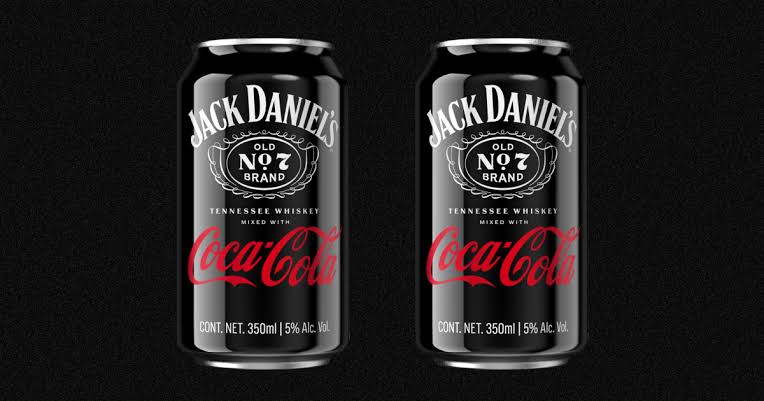For decades, the promise of enjoyment has been the foundation of children’s food marketing. Bright packaging, animated mascots, entertaining advertisements, and catchy jingles made sweet and salty snacks irresistible. Beneath the colours and smiles, however, lies a harsher reality. Nigerian children today are being exposed to more processed foods, sugar, and salt than ever before.
Unlike North America or Europe, Nigeria currently has no restrictions on what companies may put in children’s food or how they market it. But waiting for regulation to arrive would be shortsighted. The real pressure will come first from parents, not government, and the most forward-looking companies are already beginning to respond.
Parents are asking harder questions
Nigerian parents are becoming more conscious of the connection between nutrition and well-being. The growing prevalence of childhood diabetes and obesity in urban areas is fueling concern, and some schools are already tightening restrictions on what children can bring in their lunchboxes. On social media, particularly among young mothers, conversations about healthy living are becoming increasingly common.
Parents are no longer simply looking at what is on the plate; they are asking who put it there and why. They want to know if a company is genuinely supporting their children or merely trying to win their wallets. For food companies, this represents a turning point. Marketing to children is no longer about dazzling them with bright characters and playful colours. The real challenge is persuading parents that their children’s health is safe in a brand’s hands.
The market opportunity in responsibility
Many marketers still view sugar reduction or healthy reformulation as a burden. In reality, it is one of Nigeria’s most promising untapped markets. Health is quickly becoming aspirational. Just as middle-class Nigerians embraced bottled water, fitness clubs, and organic cosmetics as lifestyle choices, they are now beginning to demand healthier and safer foods for their children.
Companies that respond early stand to gain the most. Brands that address parental concerns earn loyalty. Products positioned as responsible choices rise above the clutter on crowded supermarket shelves. And companies that act now will be better prepared for global regulatory shifts that are bound to reach Nigeria sooner or later. Responsibility is not charity; it is a business strategy with long-term dividends.
Redefining fun without too much sugar
For marketers, the difficult question is what remains at the heart of advertising once sugar and salt are reduced. The answer lies in creativity. Fun does not have to be synonymous with excess. It can be about energy, play, discovery, or imagination.
Nigerian brands can tell stories that are exciting, not just sweet. Campaigns can celebrate heroes that children look up to, from young athletes to explorers and creators. Packaging can delight without making junk food look glamorous. Children will always enjoy fun, but the real task is to separate fun from the unhealthy associations that have defined it for so long.
Winning with parents as Gatekeepers
Marketers must also change the way they see parents. Parents are not obstacles to be bypassed; they are the ultimate decision-makers. They pay for what goes into the shopping basket, and they are increasingly selective about what earns their approval.
Advertising that ignores or circumvents parents may score quick wins, but it risks creating resentment and mistrust in the long term. The smarter path is to communicate with transparency, present products as good choices, and deliver messages that promote balance, trust, and health. Parents want reassurance, not tricks, and brands that understand this will stand apart.
The digital shift and the power of influencers
The media landscape has also changed. Today’s children encounter food marketing less through traditional television and more through influencers, YouTube videos, and TikTok challenges. This creates both risk and opportunity.
The risk is obvious: influencer-driven junk food promotion is powerful, unregulated, and difficult for parents to monitor. But the opportunity is just as significant. Influencers can also be used to encourage healthier eating and more active lifestyles. Imagine the impact if Nigeria’s most popular kid-focused influencers promoted nutritious options rather than sugar-coated snacks. That would be nothing short of a marketing revolution.
Why waiting for government is a mistake
Some brands may ask why they should change when Nigeria has no rules in place. That is a risky strategy. Around the world, governments are tightening controls on children’s food marketing, and Nigeria will not remain an exception for long.
Brands that wait until they are forced to adapt will find themselves scrambling to catch up, reformulating products under pressure, and struggling to regain the trust of parents. Those that act early will appear forward-thinking, responsible, and ready for the future.
The new mandate for food marketers
The future of children’s food marketing in Nigeria will not be defined by jingles or cartoon mascots. It will be shaped by accountability, creativity, and trust. Companies must reformulate where possible, build credibility with parents through openness, and find new ways to make joy exciting without relying on sugar. They must also use influencers responsibly, turning digital platforms into tools for positive change. Accountability, when embraced early, becomes a story of growth rather than compliance.
Building healthier futures, building stronger brands
Nigeria is at a crossroads. Children are bombarded with more unhealthy food advertising than ever before, yet parents are speaking out louder than ever about their concerns. This is the moment for food brands to grow up.
The winners will not be those who sell the most sugar or create the loudest noise. The winners will be those who earn parents’ trust, inspire better choices, and leave a legacy that both children and their parents will be proud of.
Brands that rise to this challenge will not only help raise a healthier generation, they will also build stronger, more valuable businesses in the years to come.
ALSO WATCH MARKETING EDGE ONTV







Comment
No comments found.